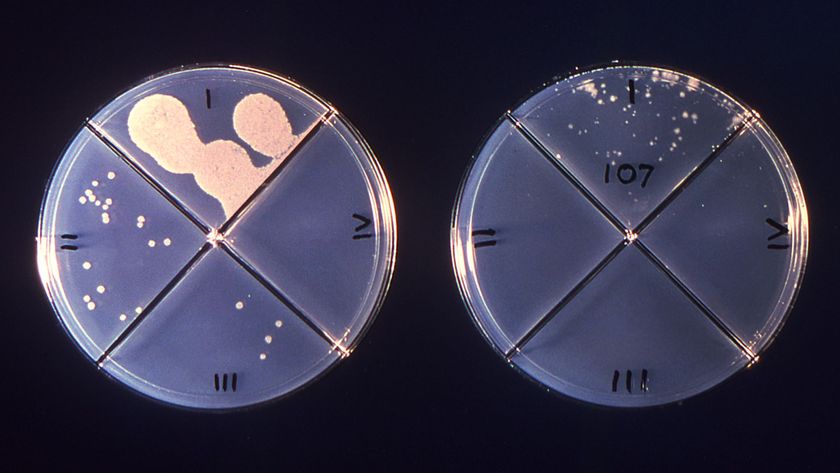Haiti's Cholera Strain Likely Came From South Asia: CDC
The cholera strain causing the current outbreak in Haiti is most similar to cholera strains found in South Asia, according to lab reports from the Centers for Disease Control and Prevention.
"Although these results indicate that the strain is non-Haitian, cholera strains may move between different areas due to global travel and trade," Haiti's Minister of Health Dr. Alex Larsen said in a statement. "Therefore, we will never know the exact origin of the strain that is causing the epidemic in Haiti. This strain was transmitted by contaminated food or water or an infected person."
Global travel and trade provide opportunities for infectious diseases such as cholera to spread from one country to another, according to the CDC. In most instances, cholera does not spread widely within countries where drinking water and sewage treatment are adequate. When water and sewage treatment is inadequate, as in post-earthquake Haiti, cholera can spread rapidly.
The lab findings are not unexpected, and provide information about the relatedness of the cholera outbreak strain to strains found elsewhere in the world, the CDC said.
Preventive measures being used to control the outbreak include treating ill people with oral rehydration solution, providing access to safe water, and encouraging good hygiene and sanitation practices, the CDC said.
Last week, lab tests identified the cholera strain as Vibrio cholerae serogroup O1, serotype Ogawa.
Additional laboratory testing, including whole genome DNA sequencing, will be conducted in the coming weeks, the CDC said, but investigating officials noted such testing may never fully explain how cholera was introduced into Haiti.
Sign up for the Live Science daily newsletter now
Get the world’s most fascinating discoveries delivered straight to your inbox.
"Our primary focus here is to save lives and control the spread of disease," said CDC medical epidemiologist Dr. Jordan Tappero, who is leading the CDC cholera response team in Haiti. "We realize that it's also important to understand how infectious agents move to new countries. However, we may never know the actual origin of this cholera strain."
- To Track a Disease, Follow the Prom Kings and Queens
- Most Americans' Antibodies Ready to Squash the Swine Flu
- Top 10 Mysterious Diseases
This article was provided by MyHealthNewsDaily, a sister site to LiveScience.












